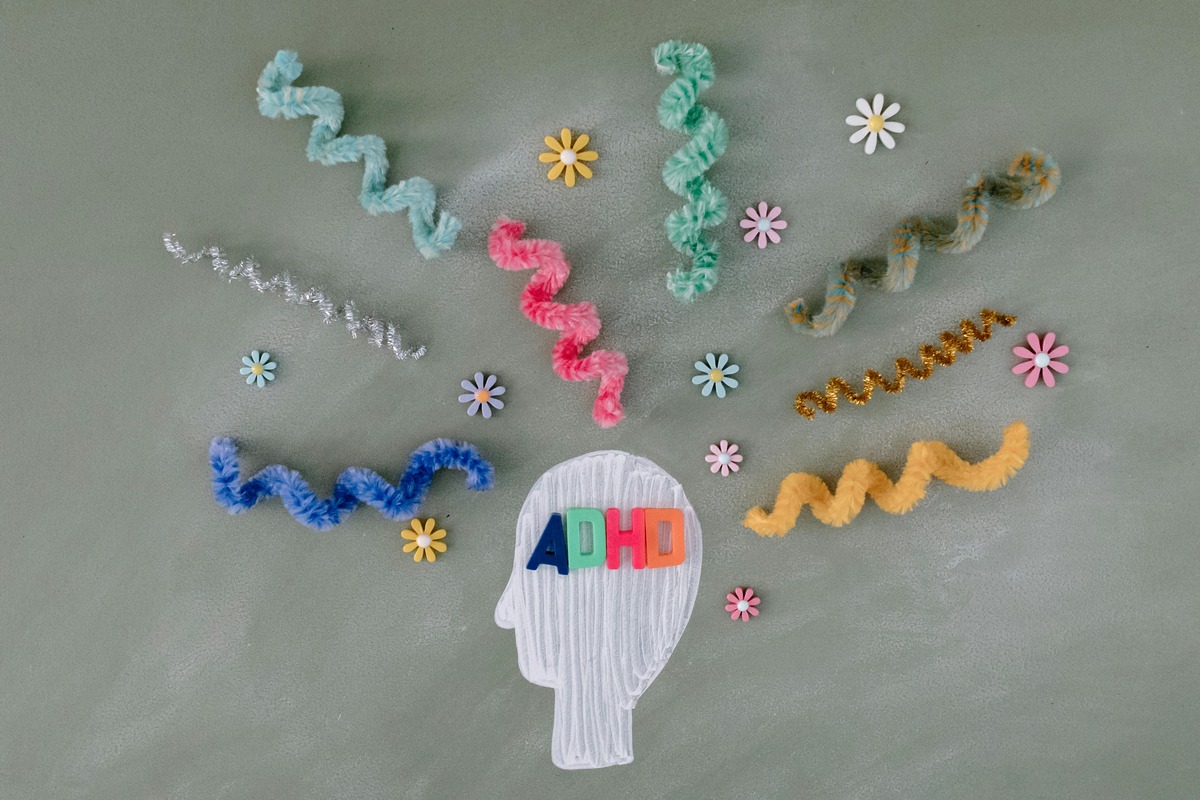Maybe you’ve recently been diagnosed with ADHD, and heard that ADHD coaching could benefit you. Maybe you’ve received Access to Work funding for coaching and are wondering what that even means. Or maybe you’re just curious. That’s good too.
Here, we’ll explore what an ADHD coach does, what a coaching session might look like, and what’s helpful about ADHD coaching.
What an ADHD Coach Does
ADHD coaches help their clients to develop strategies, toolkits, and skills to make living with ADHD easier. Their job is to help you identify what’s challenging, and what your brain does really well…and then develop an action plan that lets you do more of what works, and less of what doesn’t. The end goal is for you to live better with the brain you have, rather than the one you’ve been told you should have.
What happens in an ADHD coaching session?
If your ADHD coach is trained in the ICF model of coaching, coaching sessions follow a fairly defined structure, although there’s lots of space to explore within this.
1. You’ll bring an area to focus on in each session.
For example, you might come to a session with the goal of figuring out how to manage your time more effectively. You and your coach will take a few minutes to explore what “time management” means to you, and perhaps what you’re imagining when you think about what “managing it effectively” might look like.
2. Your coach might then ask you what outcome you’d like to get out of discussing that topic.
There’s no wrong answer to this. Perhaps the most common answer I hear to this question is coming away with practical strategies, either ones that you already know might work for you but have previously had trouble putting into practice, or coming up with some less developed ideas to begin experimenting with, to gather data on what works for you. However, sometimes what you’re looking for is a feeling, or to see a shift in your way of thinking about something. Sometimes you might just want to explore and see what emerges. These are all valid outcomes - what matters is that they’re what you want.
If you change your mind on your desired outcome mid-conversation - no problem. A good coach will listen and be up for changing direction to whatever feels right.
You might also think together about how you’ll know, or measure, when you’ve reached that outcome.
3. You’ll then explore your area of of focus together, through the lens of your ADHD, working towards your outcome.
There are lots of different ways this part of the session can look. You might work through exercises together or just unfold the details of your relationship with time. Some coaches (like me!) might use creative methods such as art-based coaching, where you take time to express what time is like for you visually and perhaps how you want to feel about it, then discuss with your coach what you’ve made.
4. You and your coach will think about what you’d like to do with what you’ve explored.
If your desired outcome was having specific strategies to try out, you and your coach will work towards developing an action plan that feels realistic, sustainable, and (hopefully!) interesting to you, and figure out how you’ll measure what’s working and what isn’t. If you’re looking for a change in feeling or thinking, or exploring what emerges, it might be a case of figuring out what the next steps you’d like to take after the session are to support that shift.
Either way, your coach will be looking out for how your experience of ADHD might affect whatever you come up with, and ask questions to collaboratively work out with you what might best support you to try things out and see what works for you!
5. You’ll anchor these ideas in time, and think about how you might remind yourself of them.
Many of us (myself included!) are brilliant at coming up with ideas, but find that implementing them can be tricky. So you and your coach will think about when and how you might put your next steps into practice, and find a way to do so that feels manageable and realistic.
For many ADHDers, time feels like it’s divided up into “now” and “not now”. So your coach might also ask you about how you might prompt yourself to bring your plans, reflections or ideas back into the “now” box when you’re ready — which sometimes takes some experimentation in its own right.
6. You’ll sum up the journey you’ve been on in the session together, and think about what you’ve learned
Thinking about what you’re taking away with you (and perhaps how you might capture it) lets you take it forward from the session without it getting lost. Like every other stage of the process, this too can be its own experiment!
Is there evidence ADHD coaching can help me? How does it work?
ADHD coaching is a relatively new profession, so evidence is still emerging, and studies are still in progress; it’s also considered a non-clinical intervention, which can sometimes limit research (although the British Psychological Society’s coaching psychology division is seeking to change this). But there is some evidence from trials that ADHD coaching can make a positive difference to quality of life, and that the benefits of ADHD coaching might be long-term.
I have some thoughts on why this might be; I’m not a scientist, but I have worked with many ADHDers and heard from them what they’ve found particularly helpful in coaching.
Structured freedom
ADHD coaching can be a lovely blend of structure and freedom. The process we walk through in a session, from topic to outcome to measurement to exploration to action to prompts, is a kind of rehearsal of what Dr Thomas Brown calls the executive functions — the processes handled by the part of the brain that tends to be challenged in ADHD. Practising decision-making, prioritising, anchoring in time, emotional regulation, and so on, in a safe environment, gives us a way to practise these skills in real-time in a way that doesn’t feel overwhelming.
At the same time, within the structure we set for ourselves, we can go anywhere. ADHD brains tend to thrive off interest; we can follow what sparks that interest for you, whatever that looks like. A good coach will listen and tune into that; you’ll collaborate, but they’ll let you steer towards what appeals to you, and help you build on your strengths.
Everything is connected
There is no “wrong topic” you can bring to coaching. Every time you gather some data on what works and doesn’t work for you, you’ll learn something you can apply to other areas of your life. While the above process might sound quite specific, you’ll probably find as you progress through coaching that you start to notice themes and ways of working that suit you, in places you didn’t necessarily expect.
Accountability
For some of us, just having a sounding board who understands you can be the difference between coming up with an idea, and actually trying it out. A good ADHD coach is a “thinking partner” who won’t judge you when it’s difficult to take action — but will help you figure out why, and how to get unstuck.
Understanding and safety
There is a fair amount of evidence that one of the biggest predictors of success in coaching is “rapport” — that is, feeling comfortable and understood by your coach. Knowing that your coach understands and doesn’t judge when your ADHD makes things difficult can make it feel safe to think creatively and try out new strategies and ideas.
What if I want to try out ADHD coaching?
If ADHD coaching sounds like something you might want to try out, the next stage is to find a coach you want to work with. Most coaches offer free introductory calls so you can get to know them and figure out if you’re a good fit to work together; I’ll go over the process of this in another blog post.
In the meantime, if you are interested in working with me, you are welcome to book in for a complimentary initial chat, or to contact me with any questions or thoughts.


